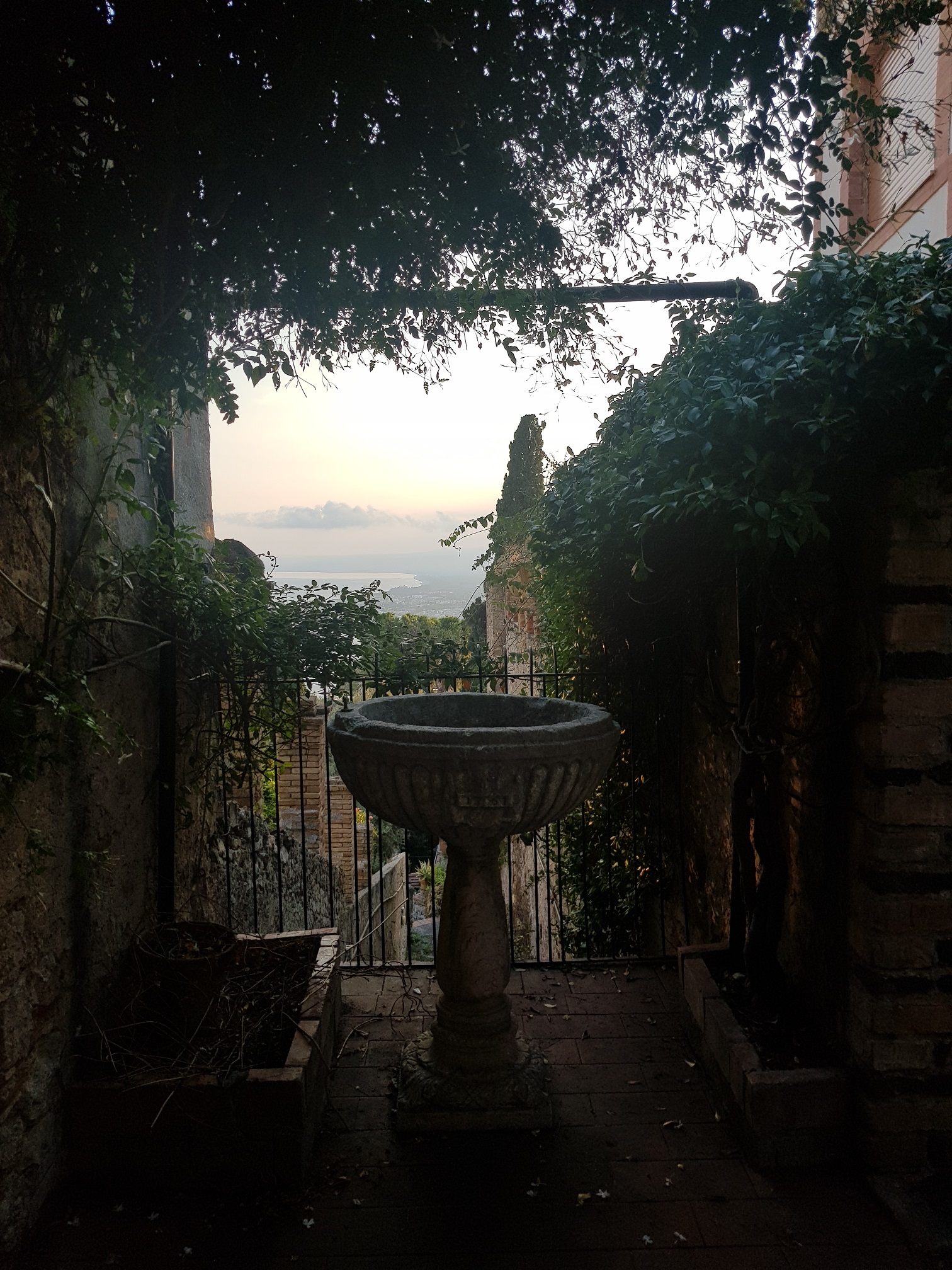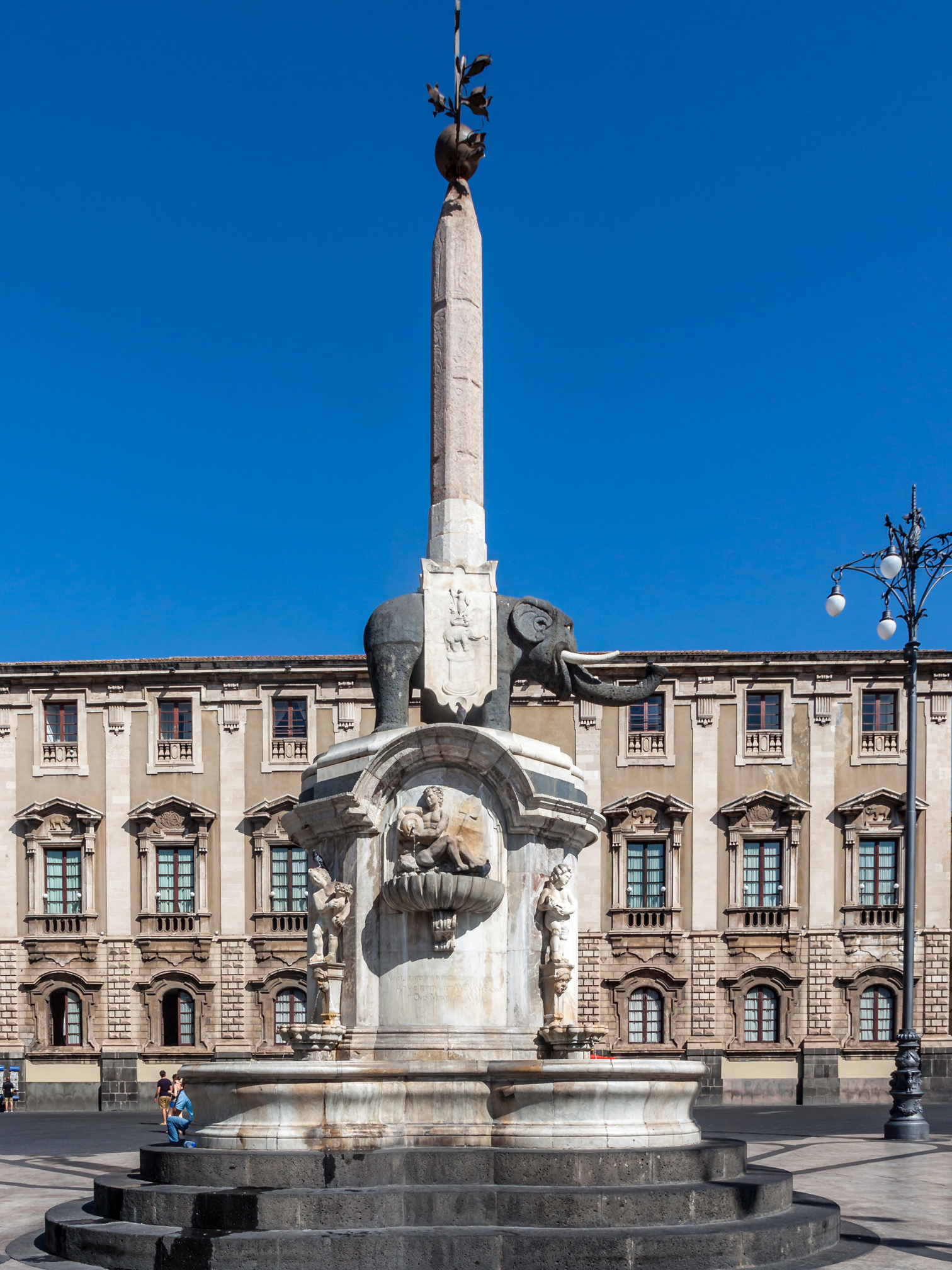Music in Peacebuilding at the 2019 EUPRA Conference in Catania, Italy
Report by Craig Robertson, MOMRI Research Fellow
The European Peace Research Association (EUPRA) held its biennial conference this month in Catania, Sicily, Italy with the theme of “Peace in Difficult Times: Challenges Europe and the World Face.” The last time I attended this conference was four years ago in Tromso, Norway.

At that time, I was building on connections I had made at the global version of the organisation, the International Peace Research Association (IPRA) that had its conference the previous year in 2014 in Istanbul, Turkey. At that IPRA conference, there had been a large representation of arts researchers with music being the largest artform represented. It is during that IPRA conference that a concrete plan for the establishment of the Min-On Music Research Institute (MOMRI) started to take shape, and I have been an active participant ever since. I have therefore had a reasonably long affiliation with these organisations, and it was a pleasure to reconnect with EUPRA and a few presenters.
Catania old town is a beautifully crumbly place full of character. The sea on one side and the looming shadow of the actively volcanic Mount Etna on the other. Catania and Sicily have always been an important part of Mediterranean history and it was a fascinating place to have a conference.


note: the picture of the Elephant Fountain that stands at the center of the Piazza del Duomo, Catania, was downloaded from wikicommons with the following licence: User:Matthias Süßen, Elephant fountain (Catania) msu2017-9628, CC BY-SA 4.0).
The presenters came from a range of European locations, including in order of representation: Germany, Finland, Italy, Norway, Cyprus, France, Russia, UK, the Netherlands, Serbia, Slovakia, Sweden, Czech Republic, Armenia and Spain. The rest of the world was also represented, including: Turkey, India, USA, Australia, Brazil, Japan, Iran, Ivory Coast, Iraq, Kazakhstan, Azerbaijan and Nepal. Topics covered included: public discourse and hate speech, peace projects and movements, migration and borders, political economy, real politick, atrocities and terrorism, climate change, post-conflict, theory, sports and arts, education, wellbeing, role of religion and human rights.

It was particularly good to connect and reconnect with the arts and sports presenters as well as previously affiliated presenters in human rights and international relations. Some highlights from the conference included:
Hendrik Bullens (representing the Eurasian National University in Kazakhstan), a long-standing and active member of EUPRA, chaired many of the sessions. His own presentation dealt with challenging the global spending on arms and potential civil society alternatives.
Metin Ersoy, from the Eastern Mediterranean University in North Cyprus, is the current secretary of EUPRA and specialises in peace journalism. He presented with the current president of EUPRA, Daniella Irrera, who was one of the hosts this year, being from Catania. Their presentation discussed some initial research they are conducting about how the media represents proxy wars. It was interesting which wars are labelled as proxy and which ones are not, even if the methods and processes involved are the same. For example, Israel’s foreign policy actions rarely were labelled as proxy wars even though they sometimes have the same characteristics as actions by Russia, which are labelled as proxy wars.
Craig Brown. Representing Sparsnas in Sweden and the University of Amherst in the USA, he discussed the possibilities for sustainable peace and human mobility in Tunisia, which is somewhat related to a project I was involved in several years ago that examined the role of the arts in the “Arab Spring” in Egypt, Tunisia, Libya and Morocco.
Itir Toksoz, a former president of EUPRA from Dogus University, Turkey, discussed the multi-use and purpose of technology, especially space technology. In particular, military versus civil and peaceful use of space technology was explored from a European perspective.
Stephanie Thiel, from the University of Geissen, Germany, discussed the complex relationship between human rights and peace. In particular, she examined correlations between human rights perspectives and opinions about antisemitism and anti-Muslim sentiment. One interesting finding was that pacifism and human rights correlate but not as strongly as one might imagine.
George Kent, another long-standing member of the peace research community, Skyped in from Hawaii. Kent, a professor emeritus from the University of Hawaii, discussed his new book about human flourishing at the community level as a possible solution to global problems. This, in essence, was the closest presentation to my own, in a way, because it focused on the wellbeing of individuals and smaller groups as a way to influence larger units of social organisation.
My own session contained the sports and arts presentations.
Cise Mis and Suleyman Rebge were from the Eastern Mediterranean University and their project was investigating the media response to a cross-sectarian football match that had been organised in Cyprus where the Greek side managed to change the location from a neutral position to a Greek position prompting the Turkish leader to refuse to attend. This in effect illustrated how grassroots peace projects, that might have had a chance of some success, often become hijacked by political processes that overshadow the initial purposes.
Ilaria Tucchi, from Tampere University, Finland, discussed her activist and theatre project in Lampedusa, a small south Mediterranean island that is an odd mix of refugee detention centre, local population, military base and natural reserve. Due to the refugee traffic, there are many abandoned objects to be found around the island and in the detention centres. The project co-devised poetry and theatrical pieces with the local residents about these objects.

My own presentation interrogated the concept of therapeutic value of music in peacebuilding. Therapeutic value is often claimed for musical activities, especially in situations of conflict and post-conflict. Value, as a term, is seen from some sociological theorists as an attribute of a form of capital, that can be exchanged under certain circumstances for other forms of capital. I investigated whether the discussed forms of therapeutic value could be seen as an attribute of a form of therapeutic capital, and if not, what is meant when practitioners and lay-people say that music has therapeutic value?
All in all, the conference was very interesting, as usual. It was great to reconnect with former colleagues. It was also good that I could represent and promote music and music therapy to the peace research community again. There was a lot of interest in the role MOMRI is deemed to have in furthering this discourse and people were curious and keen about the MOMRI hub. In particular, the colleagues I mentioned from Cyprus above, expressed an interest in developing a joint research project on Greek and Turkish Cypriot choirs.




